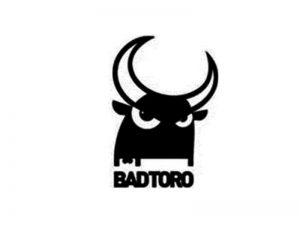
The European Union Trade Mark No. 17 966 918 was filed for Class 33, related to alcoholic beverages. The REGULATORY COUNCIL OF THE TORO DESIGNATION OF ORIGIN filed an opposition against all the goods, invoking Article 8(1)(b), Article 8(5), and Article 8(6) of the EUTMR, based on prior rights.
The opposition was initially dismissed in its entirety and was appealed by the opposing party, alleging the existence, validity, and scope of protection of the DO “Toro,” invoked under Article 8(6) EUTMR, since the TORO DO for wines has been protected since 1989. The opponent argued that the office should have refused registration based on Articles 7(1)(g) and (j) of the EUTMR.
The opponent also argued that Article 8(6) EUTMR, which prevents the registration of a mark that conflicts with any PDO, should be considered together with Article 7(1)(j) of the EUTMR and Article 103(2)(a) of Regulation (EU) No 1308/2013, which prevent the registration of any mark that is phonetically and conceptually similar in relation to the PDO. Therefore, the Board concluded that the “Toro” DO met the requirements for protection under Article 8(6) EUTMR and Article 103(2)(a), as the mark was unduly taking advantage of the PDO’s reputation and benefitting from its renown.
The Board considered that alcoholic beverages made from wine were comparable to wine, as they share essential characteristics and distribution channels. Therefore, the Board refused the registration of the contested trademark based on Article 103(2)(b) of Regulation 1308/2013, invoked by the opponent, as well as Articles 103(2)(a), (b), (c), and (d), since the mark evoked and misled consumers who could incorrectly associate it with the protected designation of origin (PDO) in question.
The Court of Justice has established that a mark exploits the reputation of a Designation of Origin when it leads consumers to associate the mark with the PDO and to believe that its products benefit from the protected designation of origin, even in the absence of direct confusion. Extending the PDO’s reputation to other alcoholic beverages made from wine would violate Article 103(2)(b) of Regulation 1308/2013 due to the evocation of the PDO.
Furthermore, it would violate Article 103(2)(c) and (d) by falsely indicating and misleading consumers about the true origin of the product, its provenance, nature, and essential characteristics.
Decision of the First Board of Appeal of the EUIPO of August 29, 2024, R 1280/2023-1


 Español
Español Deutsch
Deutsch